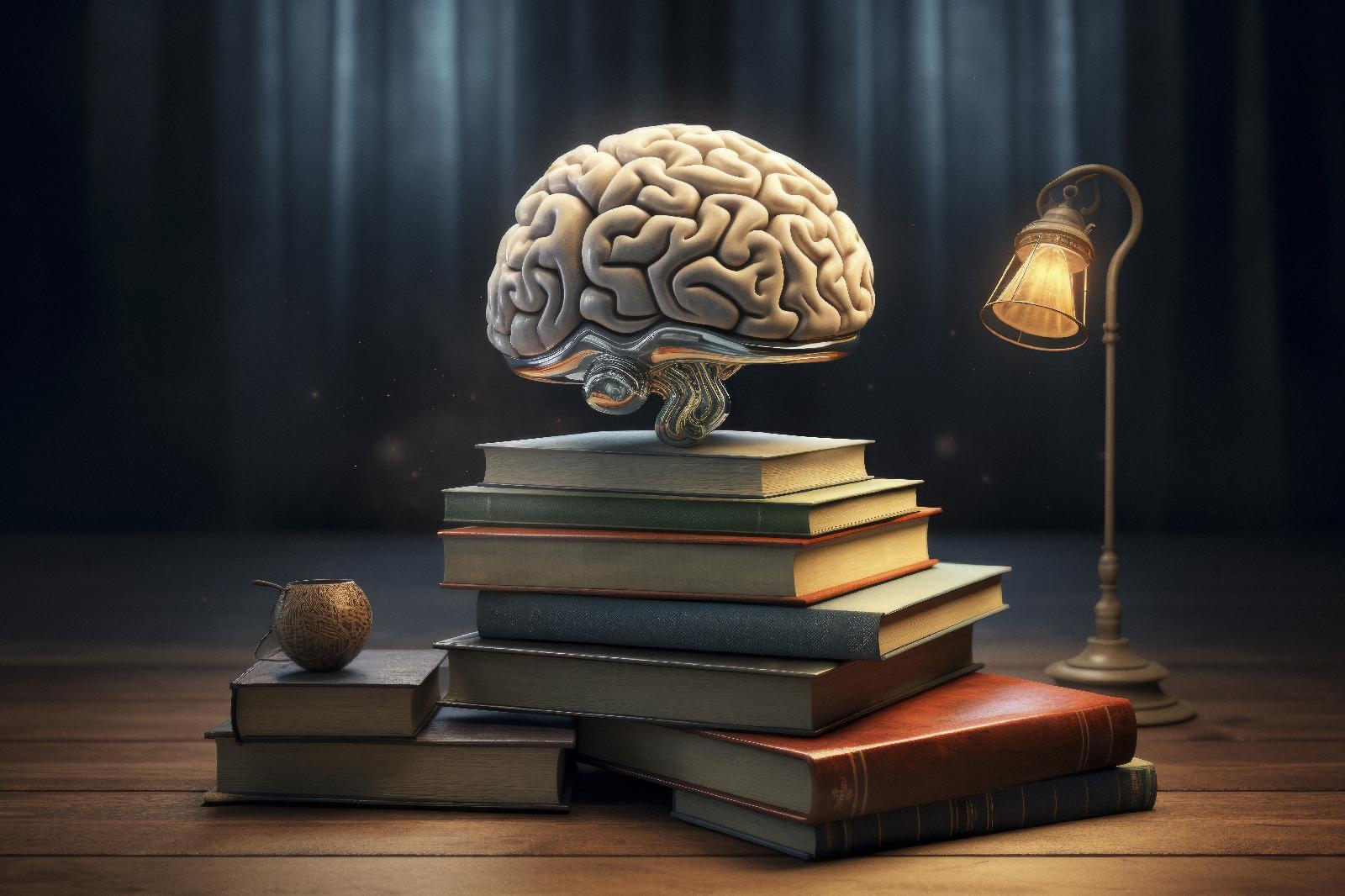Philosophy has long served as humanity’s compass for navigating the complexities of existence, morality, and reality. Whether you are seeking to challenge long-held assumptions, explore profound questions about meaning, or simply gain fresh perspectives on everyday life, the right book can serve as a transformative guide. From ancient wisdom to modern thought, the landscape of philosophical literature offers a wealth of insight for curious minds. This exploration presents a curated selection of essential works that span centuries and cultures, inviting readers to embark on an intellectual journey that promises both clarity and contemplation.
Foundational works in western philosophy
Western philosophy has its roots in the enquiries of ancient thinkers who sought to understand the world through reason and dialogue. These foundational texts continue to shape contemporary thought, offering timeless insights into human nature, ethics, and the pursuit of knowledge. For those beginning their philosophical journey, these works provide an accessible entry point into the discipline’s core themes and methods.
Classical Greek Philosophy and the Birth of Critical Thinking
The intellectual legacy of ancient Greece remains unparalleled in its influence on modern thought. Socrates, often regarded as the father of Western philosophy, is best encountered through the writings of his most famous student, Plato. The Last Days of Socrates presents a compelling account of the philosopher’s trial and final moments, capturing his unwavering commitment to truth and the examined life. This text not only introduces readers to Socratic method but also raises enduring questions about justice, morality, and the role of the individual in society. For those seeking a concise introduction to philosophical enquiry, Thomas Nagel’s What Does It All Mean? offers a remarkably clear exploration of fundamental questions in metaphysics, epistemology, and ethics within roughly one hundred pages. This slender volume demonstrates that profound ideas need not be obscured by dense prose, making it an ideal starting point for beginners.
The ancient Stoics also merit attention for their practical approach to philosophy. Marcus Aurelius, the Roman emperor and philosopher, composed his Meditations as a series of personal reflections on virtue, duty, and resilience. The Gregory Hays translation renders these thoughts in accessible English whilst preserving their meditative quality. Similarly, Seneca’s Letters from a Stoic provides invaluable guidance on managing adversity, cultivating inner peace, and living with integrity. These works exemplify Stoicism’s enduring relevance, offering strategies for navigating modern challenges with equanimity. The Essential Epicurus presents another classical perspective, advocating for a life of simple pleasures, friendship, and freedom from unnecessary desires. Together, these texts form a robust foundation in ancient philosophy, demonstrating how thinkers grappling with timeless questions can still speak directly to contemporary concerns. If you visit the site https://www.theenglishman.es you will discover additional resources for deepening your understanding of these philosophical traditions and their modern applications.
Enlightenment Thinkers and the Modern Philosophical Tradition
The Enlightenment marked a pivotal shift in philosophical thought, emphasising reason, individualism, and scepticism towards tradition. Michel de Montaigne’s Essays represent an early flowering of this spirit, blending personal reflection with wide-ranging enquiry into human nature, custom, and belief. Montaigne pioneered the essay form as a vehicle for philosophical exploration, demonstrating that intellectual rigour need not sacrifice personal voice or stylistic elegance. His writing remains refreshingly candid and relatable, addressing topics from friendship to mortality with a humanist sensibility that transcends his sixteenth-century context.
Ralph Waldo Emerson’s Nature and Selected Essays brought Enlightenment ideals to American soil, articulating a philosophy of self-reliance, intuition, and harmony with the natural world. Emerson’s transcendentalist vision challenged materialist assumptions and encouraged readers to trust their inner convictions. Arthur Schopenhauer’s Essays and Aphorisms offer a darker counterpoint, exploring pessimism, suffering, and the will as fundamental aspects of existence. Schopenhauer’s influence on later thinkers, including Nietzsche and Freud, underscores the importance of engaging with diverse philosophical perspectives. These Enlightenment and post-Enlightenment works collectively illustrate the evolution of Western thought from classical antiquity through the modern era, providing readers with a comprehensive grounding in the philosophical tradition.
Contemporary philosophical literature for today’s readers
Modern philosophy continues to grapple with perennial questions whilst addressing the unique challenges of contemporary life. From existential concerns about meaning and freedom to cross-cultural dialogues that broaden our understanding, today’s philosophical literature reflects an increasingly interconnected world. These works invite readers to question comfortable assumptions and embrace the ambiguity inherent in human existence. 
Existentialism and the Search for Meaning in Modern Life
Existentialism emerged in the twentieth century as a response to the disorientation and alienation of modern society. Albert Camus’s The Stranger presents a haunting portrait of an emotionally detached protagonist whose indifference to social conventions culminates in a shocking act of violence. This novel explores themes of absurdity, alienation, and the arbitrary nature of meaning, challenging readers to confront uncomfortable truths about existence. Camus further develops his philosophical vision in The Myth of Sisyphus, where he examines the fundamental question of whether life is worth living in a universe devoid of inherent purpose. His conclusion that one must imagine Sisyphus happy offers a powerful affirmation of human dignity in the face of cosmic absurdity.
Friedrich Nietzsche’s Thus Spoke Zarathustra remains one of philosophy’s most provocative and poetic works. Through the voice of the prophet Zarathustra, Nietzsche proclaims the death of God, introduces the concept of the Übermensch, and challenges traditional moral values. This text demands active engagement, rewarding persistent readers with profound insights into power, creativity, and self-overcoming. Jean-Paul Sartre’s Nausea offers a more intimate exploration of existential themes through the diary of a disillusioned historian confronting the contingency and meaninglessness of existence. Sartre’s vivid prose captures the visceral experience of existential dread whilst ultimately asserting the freedom and responsibility inherent in human consciousness.
Fyodor Dostoevsky’s Crime and Punishment and Notes from Underground probe the psychological and moral dimensions of human experience with unmatched intensity. Crime and Punishment follows a former student who commits murder to test his theory of extraordinary individuals being above conventional morality, only to be consumed by guilt and paranoia. Notes from Underground presents a bitter monologue by a deeply alienated narrator who rejects rational optimism and social progress, exposing the irrational, self-destructive impulses lurking beneath civilised society. Viktor Frankl’s Man’s Search for Meaning recounts his experiences in Nazi concentration camps and introduces his therapeutic approach of logotherapy, which centres on finding meaning even in suffering. Frankl’s testimony demonstrates philosophy’s capacity to sustain hope and dignity under the most harrowing circumstances, making it essential reading for anyone exploring existentialism and practical philosophy.
Eastern philosophy and cross-cultural perspectives
Whilst Western philosophy has dominated much academic discourse, Eastern traditions offer equally rich and often complementary perspectives on existence, ethics, and the nature of reality. Confucius stands as one of history’s most influential ethical teachers, emphasising social harmony, filial piety, and the cultivation of virtue through ritual and education. His teachings have shaped East Asian cultures for millennia and continue to offer valuable insights into community, responsibility, and moral development. Engaging with Confucian thought encourages readers to consider how individual flourishing relates to collective well-being, a question increasingly relevant in our globalised age.
Hermann Hesse’s Steppenwolf bridges Eastern and Western thought through its exploration of dualism, self-discovery, and spiritual crisis. The protagonist’s journey towards integration and transcendence draws on both Buddhist concepts and European philosophical traditions, creating a synthesis that speaks to readers across cultural boundaries. Franz Kafka’s The Trial presents a nightmarish vision of bureaucratic absurdity and existential disorientation that resonates with both Western existentialism and Eastern notions of illusion and impermanence. Jostein Gaarder’s Sophie’s World offers an accessible introduction to the history of philosophy, weaving together Western thought from pre-Socratic thinkers through postmodernism within a narrative framework that makes complex ideas approachable for general readers.
Aldous Huxley’s Brave New World combines dystopian fiction with philosophical enquiry, questioning the relationship between happiness, freedom, and technological control. Huxley’s engagement with Eastern mysticism and his critique of Western materialism create a dialogue between traditions that enriches his speculative vision. Hannah Arendt’s political philosophy, though rooted in Western thought, demonstrates the universal relevance of questions about power, violence, and human dignity. By exploring diverse philosophical traditions and their contemporary applications, readers gain a more comprehensive understanding of humanity’s shared quest for wisdom and meaning. Resources such as those available through dedicated philosophy platforms help bridge these cultural divides, making accessible the full spectrum of human philosophical achievement.







